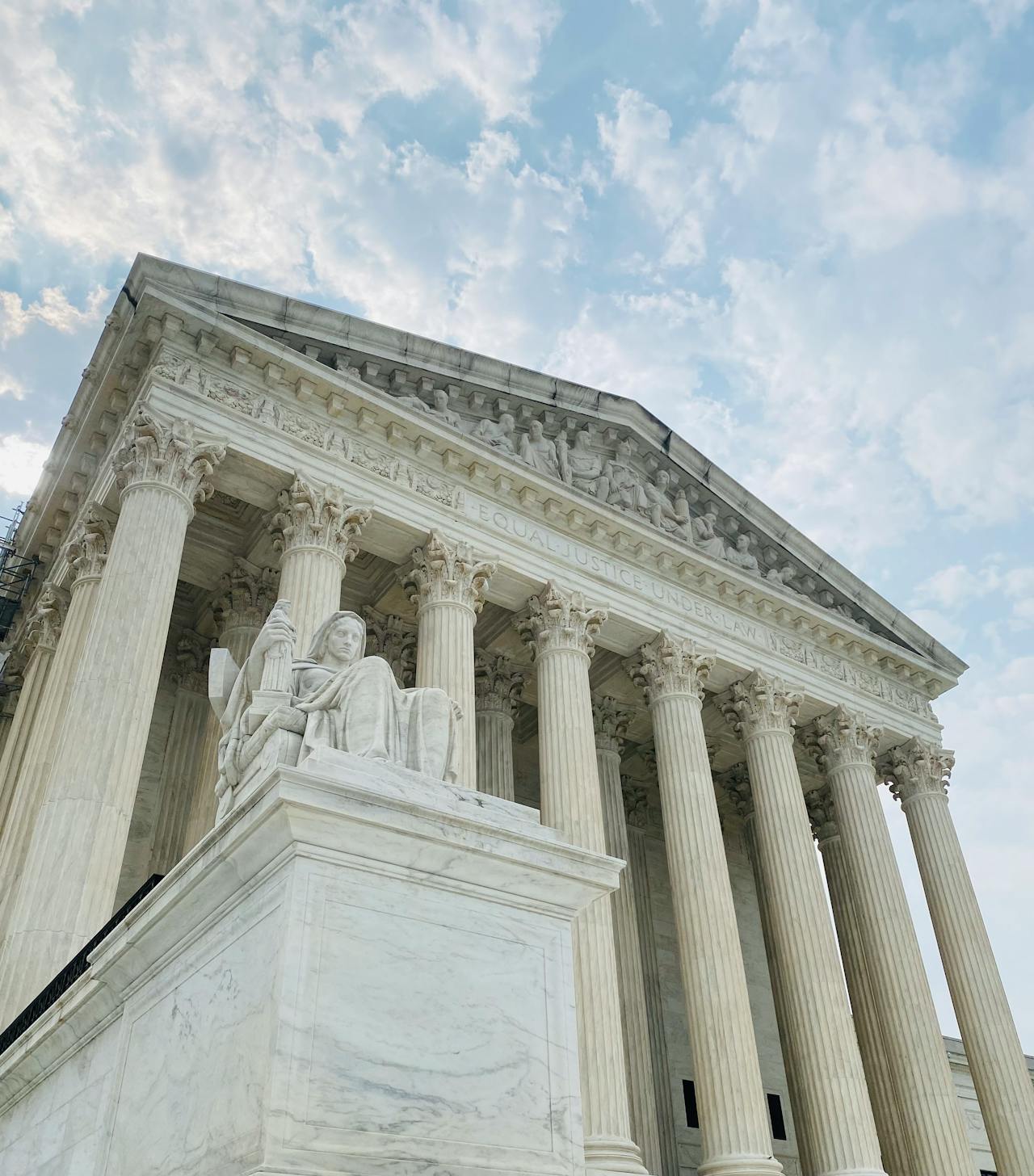The U.S. Supreme Court refused to hear an appeal by a pharmaceutical industry group challenging Arkansas’ 340B drug pricing law.
The decision last Monday affirms a lower court’s ruling in March that upheld an Arkansas law prohibiting drugmakers from restricting 340B drug discounts for providers using contract pharmacies.
The Pharmaceutical Research and Manufacturers of America (PhRMA) argued that Arkansas’ 340B Drug Pricing Nondiscrimination Act passed in 2021 is preempted by existing federal law outlining the program, which requires drug manufacturers to sell drugs at a discount to safety-net providers.
Pharmaceutical Research and Manufacturers of America (PhRMA) argued in its 2021 complaint that 340B is a “completely federal program,” and that the state law’s requirements for manufacturers “conflict with explicit requirements in both the federal 340B statute” as well as the agreement manufacturers strike with the Department of Health and Human Services (HHS).
The 32-year-old 340B program was enacted by Congress to help subsidize safety-net care providers by providing manufacturer discounts on outpatient drugs.
Many 340B-eligible hospitals, clinics and other providers contract with outside pharmacies to dispense prescription drugs. In 1996, HHS issued guidance stating that covered entities could use one contract pharmacy each. Then, in 2010, HHS issued new guidance stating that covered entities could use an unlimited number of contract pharmacies rather than only one.
The case was initially brought in the U.S. District Court for the Eastern District of Arkansas, where the court sided with state. PhRMA then appealed to the Eighth Circuit Court of Appeals, which affirmed the lower court’s ruling.
The U.S. Court of Appeals for the Eighth Circuit’s three-judge panel ruled that Section 340B of the Public Health Services Act does not preempt Arkansas’s law. Act 1103 prohibits drug company policies that restrict dispensing 340B drugs through community and specialty pharmacy partners.
Arkansas Attorney General Tim Griffin called the Supreme Court’s decision not to take up the case “a big win for Arkansas’s drug access law.”
“With the United States Supreme Court refusing this appeal, the Eighth Circuit’s ruling that Act 1103 is not preempted stands. Act 1103 fills a gap in federal law that manufacturers previously exploited to deny equal drug access to rural patients. Today’s win means that manufacturers must continue to provide equal access to patients across Arkansas,” Griffin said in a statement.
PhRMA spokesperson Reid Porter said in a statement that the organization continued to believe that the Arkansas 340B provisions are preempted by federal law.
“Contract pharmacies are dominated by large, publicly traded companies like many major for-profit chain pharmacies and PBMs that have found a way to siphon off money that should be used to lower costs for low-income and vulnerable patients,” Porter said. “This abuse is contrary to the goals of the federal 340B program and is one of the reasons why federal policymakers need to step in to fix this vital safety net program. We believe the Arkansas law, like other similar state laws, conflicts with and creates new requirements that are not in federal law and is preempted.”
PhRMA’s case listed the Arkansas Insurance Department, Community Health Centers of Arkansas and Piggott Community Hospital as defendants. The American Hospital Association (AHA), Arkansas Hospital Association and 340B jointly filed a friend of the court brief supporting the state law and criticizing drug companies’ “unprecedented assault on Arkansas’s healthcare safety net” last April.
The 340B drug discount program has proven to be controversial. Pharmaceutical companies and other critics have pointed to the safety-net program’s substantial growth in recent years as a sign that health systems are abusing the program for greater revenues.
In 2020, individual drug manufacturers began implementing restrictions prohibiting covered entities from contracting with third-party pharmacies. Those restrictions triggered Arkansas’ law and have led to dozens of drugmakers implementing similar restrictions, with several rulings on the policies split between the companies and HHS.
Publisher: Source link










